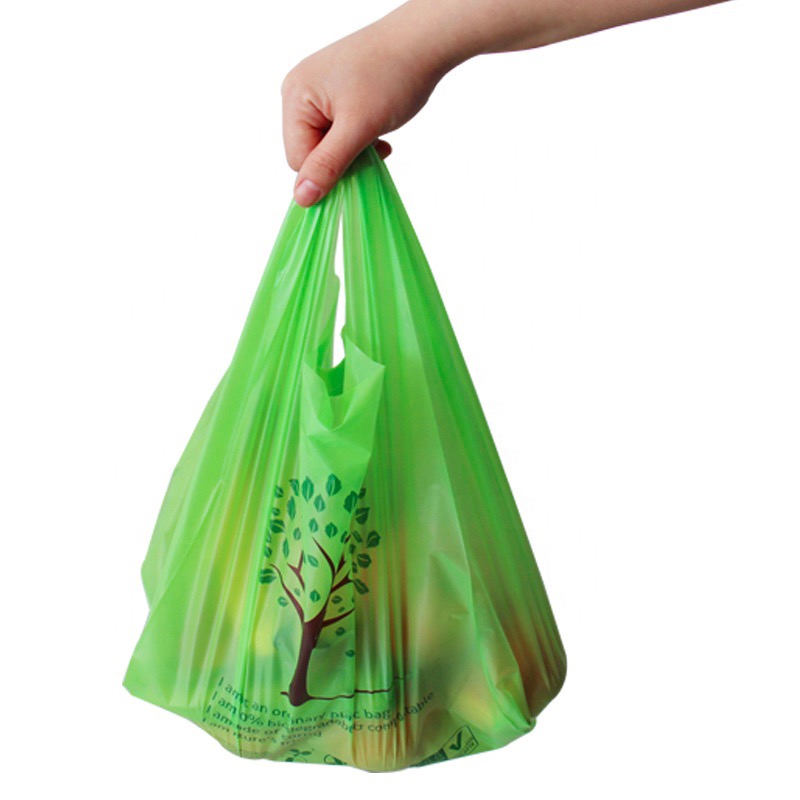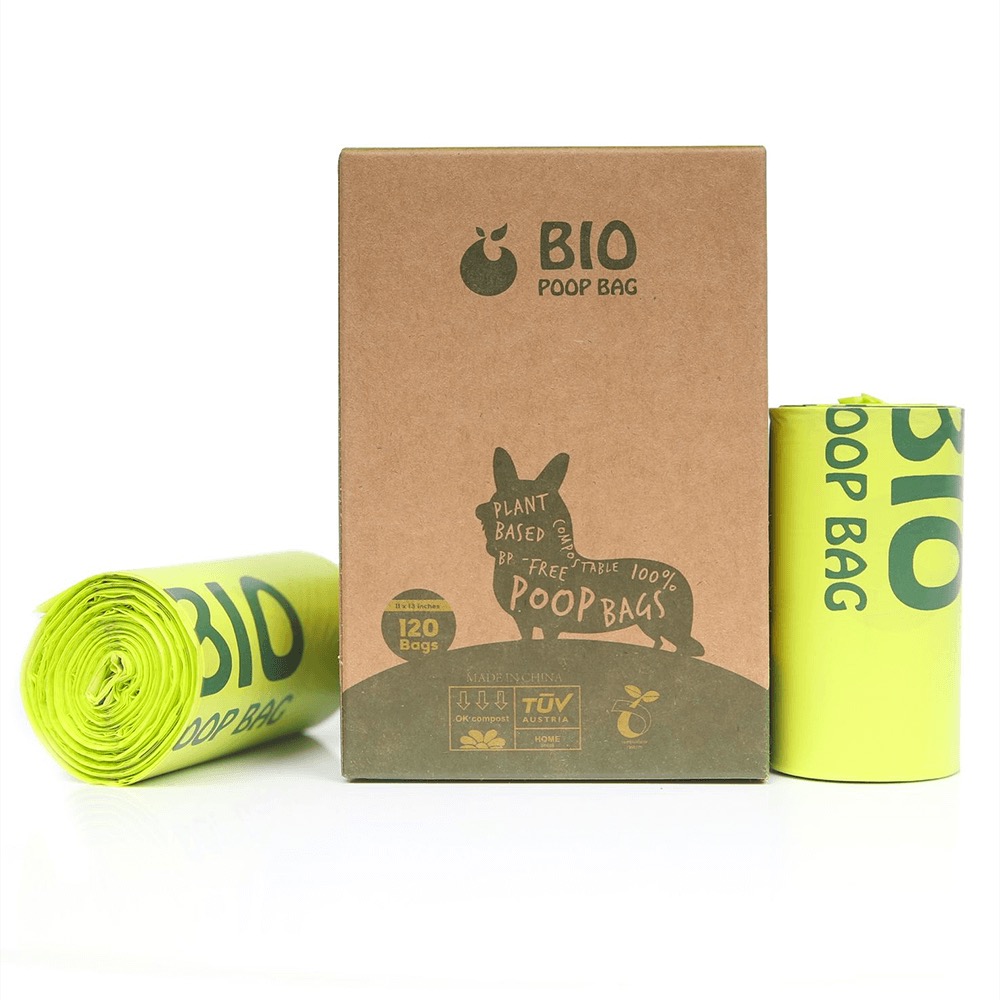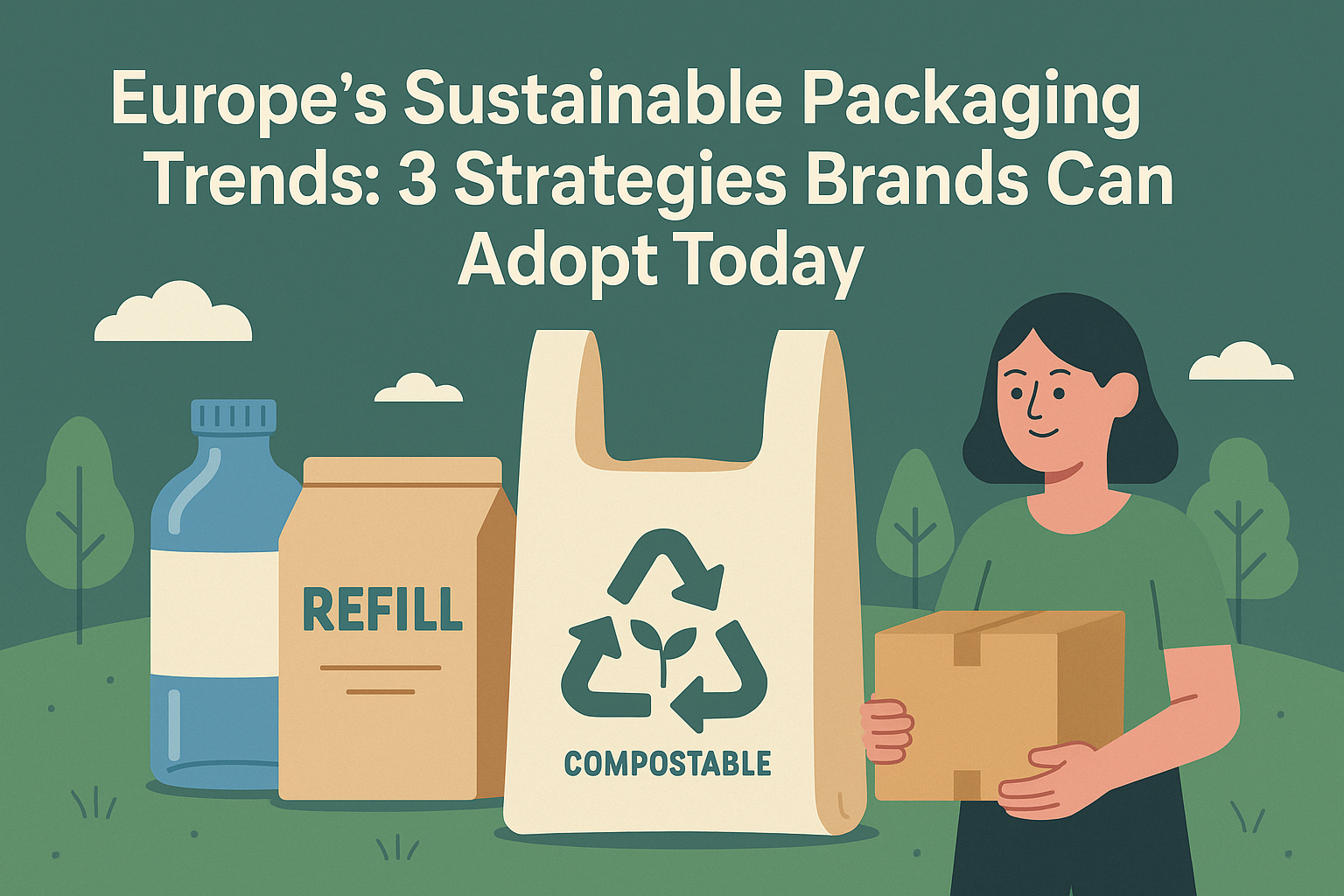Introduction: Why Sustainable Packaging Is No Longer Optional in Europe
The European Union has tightened regulations and consumer expectations around sustainable packaging. With the European Green Deal and directives like the Packaging and Packaging Waste Regulation (PPWR), brands are now under pressure to move away from traditional plastic and toward compostable, recyclable, or reusable options.
Germany, in particular, leads the charge with strict plastic bans, retailer mandates, and eco-conscious consumers demanding transparency. If you’re selling or shipping in Europe, ignoring these trends may leave your business behind.
1. Compostable Packaging Is Becoming the New Standard
One of the most notable shifts in Europe’s packaging landscape is the move toward certified compostable materials. Unlike biodegradable plastics—which may still leave microplastics—compostable bags fully break down in controlled or home compost conditions.
Why Compostable T-Shirt Bags Are in Demand in Germany
German retailers and food vendors are increasingly choosing compostable t-shirt bags due to:
- Compliance with Germany’s Verpackungsgesetz (Packaging Act)
- Growing bans on single-use plastic bags
- Support for local organic waste separation systems
- Positive perception among green-minded consumers
Pro Tip: Look for bags with TÜV Austria Home Compost and EN13432 certification, both of which are recognized across Europe.

2. Refillable and Reusable Formats Are Favored by Retailers
Supermarkets and large retailers are now introducing refillable packaging programs—especially in Germany, France, and the Netherlands. Glass, metal, and durable pouches are offered as reusable alternatives for pantry items, liquids, and even personal care products.
While compostable packaging is perfect for perishables and on-the-go items, reusable packaging is favored for long-life products where durability matters more than disposal.
Combine Strategies: Many successful brands use compostable t-shirt bags for checkout, while offering reusable options for products like grains or cleaning liquids.
3. Transparent Supply Chains & Eco Labeling Build Trust
European consumers want to know not just that packaging is eco-friendly—but also how, where, and why. Brands are now adding:
- QR codes that trace the packaging material back to its compostable source
- BPI, OK Compost, or TÜV certification labels
- Information about composting or reuse printed directly on the bag
Adding your company logo and eco certifications on compostable t-shirt bags not only complies with labeling regulations but also improves brand perception and encourages repeat orders.
Real-World Example: A Pet Brand’s Switch to Compostable in Berlin
A mid-sized pet supply company in Berlin recently replaced plastic poop bags with certified home compostable bags made from corn starch. After rebranding with eco labeling and educating customers, the company saw:
- A 23% boost in return customers
- Reduced packaging tax due to compostable classification
- Positive PR coverage in eco product blogs
This proves that even small to mid-size brands can win with sustainable packaging in the European market.

How to Start: Partner With a Certified Compostable Bag Supplier
To adopt these strategies, your first step should be to find a supplier that offers:
| Feature | Why It Matters |
|---|---|
| ✅ TÜV/BPI/EN13432 Certifications | Ensures legality and compostability |
| ✅ Custom sizes and printing | Aligns with brand & packaging requirements |
| ✅ MOQ that fits your business | Flexible for both startups and large brands |
| ✅ Short lead time to Europe | Essential for seasonal product launches |
At Hemcbags, we specialize in custom-printed compostable t-shirt bags and other bulk compostable packaging for European markets, with fast delivery and full certification.
Final Thoughts: Sustainability in Europe Is a Competitive Advantage
As the European packaging landscape evolves, brands that take action now—by switching to compostable packaging, adopting reusable formats, and building transparent supply chains—will stand out in a crowded market.
Whether you’re targeting the German eco-retail sector or launching across the EU, adopting these three sustainable packaging strategies positions your brand for long-term growth.

